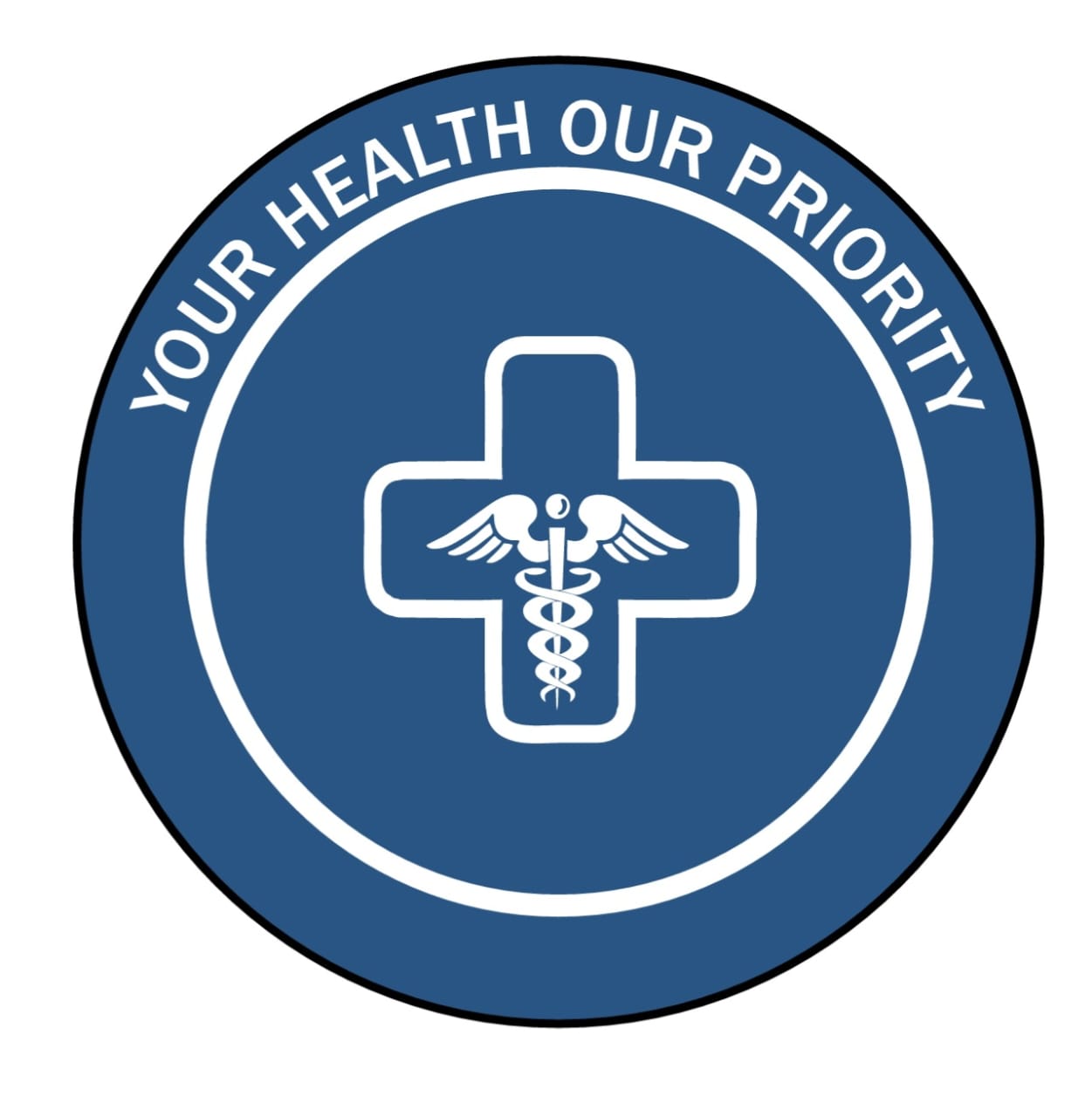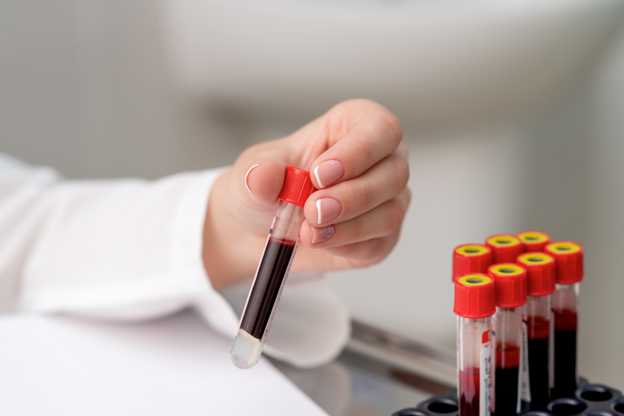Introduction
Diabetes is a chronic condition that occurs when your body either doesn’t produce enough insulin or can’t effectively use the insulin it produces. Insulin is a hormone that helps regulate blood sugar levels, and its dysfunction leads to high blood sugar levels that can cause serious long-term health complications.
One of the best ways to detect diabetes early is through regular diabetes screening tests. Early detection can help you manage the condition effectively, reduce the risk of complications, and improve your overall health. In this blog, we will discuss the different types of diabetes screening tests, their importance, and how they can help detect diabetes early.
Why is Diabetes Screening Important?
Early screening for diabetes is crucial because the disease often develops without clear symptoms, especially in its early stages. Many people may have prediabetes or Type 2 diabetes and not even know it. Left untreated, diabetes can lead to serious health problems, including:
- Heart disease
- Kidney damage
- Nerve damage
- Vision problems
- Stroke
Screening tests help identify individuals who are at risk or already living with diabetes so they can receive the appropriate treatment and avoid complications.
Types of Diabetes Screening Tests
There are several tests used to screen for diabetes, including:
- Fasting Blood Sugar (FBS) Test:
The fasting blood sugar test measures your blood sugar levels after you haven’t eaten for at least 8 hours. If your blood sugar level is 126 mg/dL or higher, it may indicate diabetes. - Oral Glucose Tolerance Test (OGTT):
This test measures how your body processes sugar. You drink a sugary solution, and blood sugar levels are measured at intervals over a period of two hours. A blood sugar level of 200 mg/dL or higher after two hours suggests diabetes. - Hemoglobin A1c (HbA1c) Test:
The A1c test measures your average blood sugar levels over the past 2-3 months. An A1c level of 6.5% or higher typically indicates diabetes. - Random Blood Sugar Test:
A random blood sugar test measures your blood sugar at any time of the day. If your blood sugar level is 200 mg/dL or higher, it may suggest diabetes.
Who Should Get Screened for Diabetes?
Several factors increase the risk of developing diabetes, including:
- Age (especially over 45)
- Obesity or being overweight
- Family history of diabetes
- Sedentary lifestyle
- High blood pressure
- High cholesterol levels
If you have any of these risk factors, you should talk to your healthcare provider about when to begin regular screenings for diabetes. Even if you don’t have symptoms, early screening can help detect the disease before it causes complications.
Conclusion
Diabetes is a serious condition that requires ongoing management to avoid complications. Regular diabetes screening tests are essential for detecting the condition early, allowing for prompt treatment and better management. If you are at risk for diabetes, talk to your healthcare provider about when and how often you should get tested.
By staying proactive with regular screenings, maintaining a healthy lifestyle, and following your doctor’s recommendations, you can reduce your risk of developing diabetes and live a healthier, longer life.
Schedule your test today at Essesnce Diagnostics for expert guidance!

